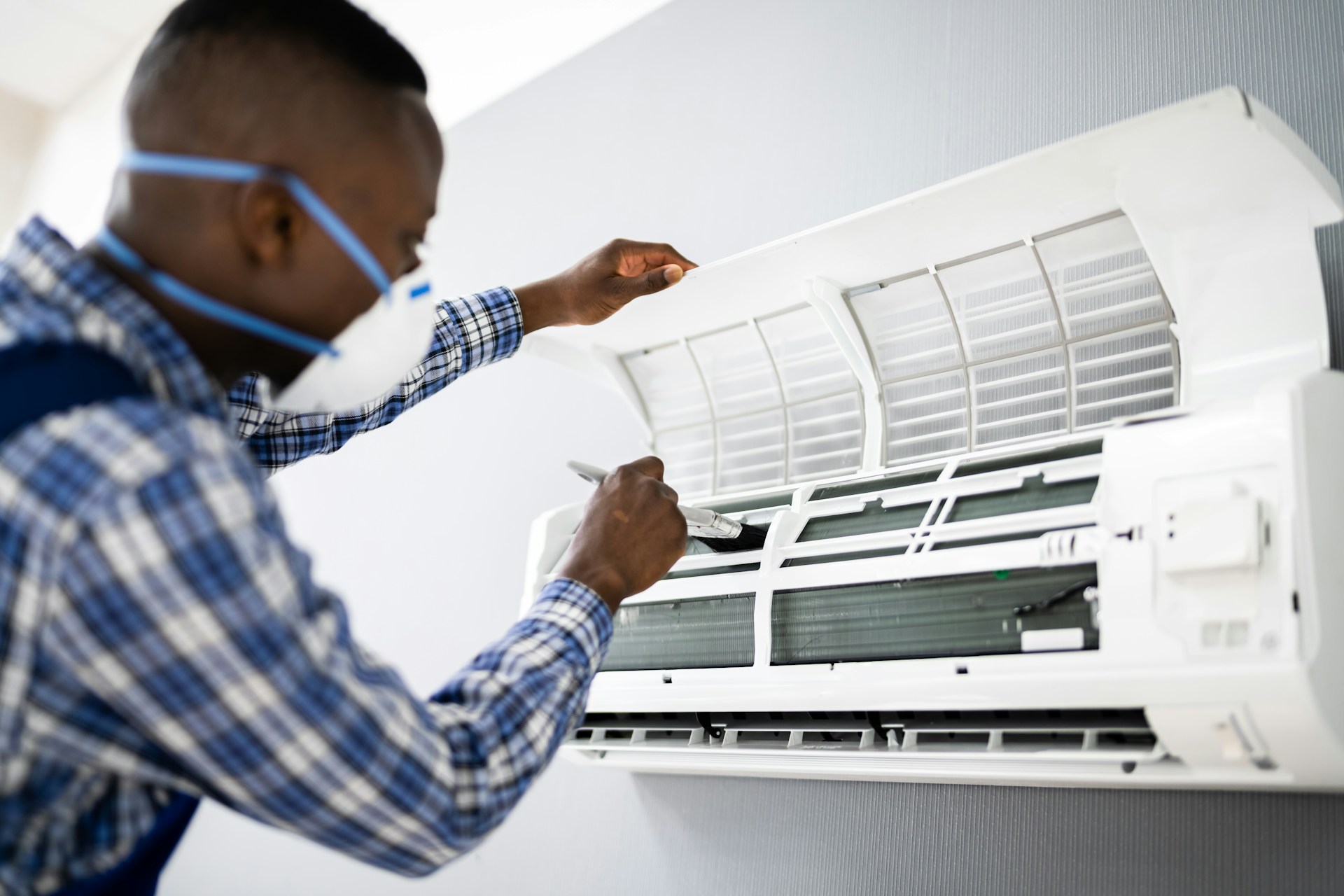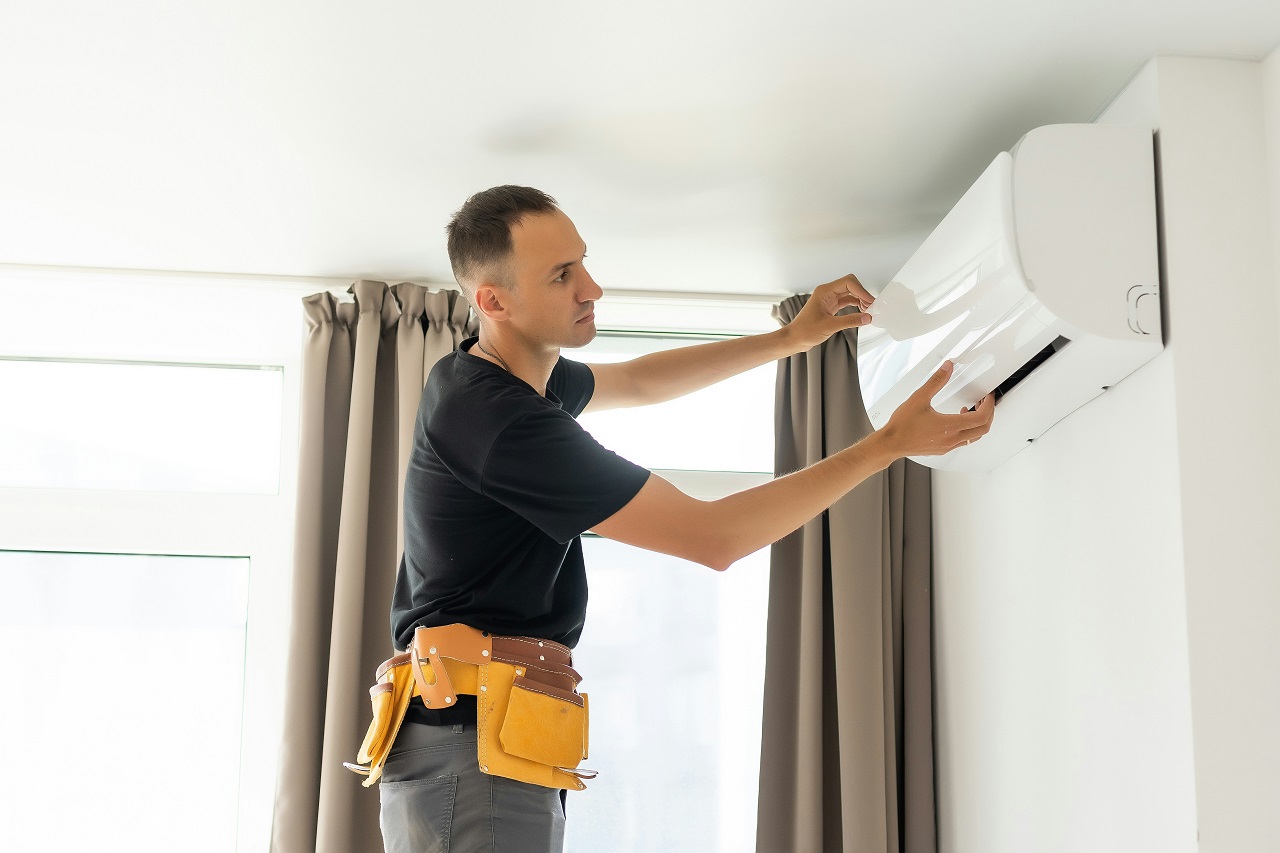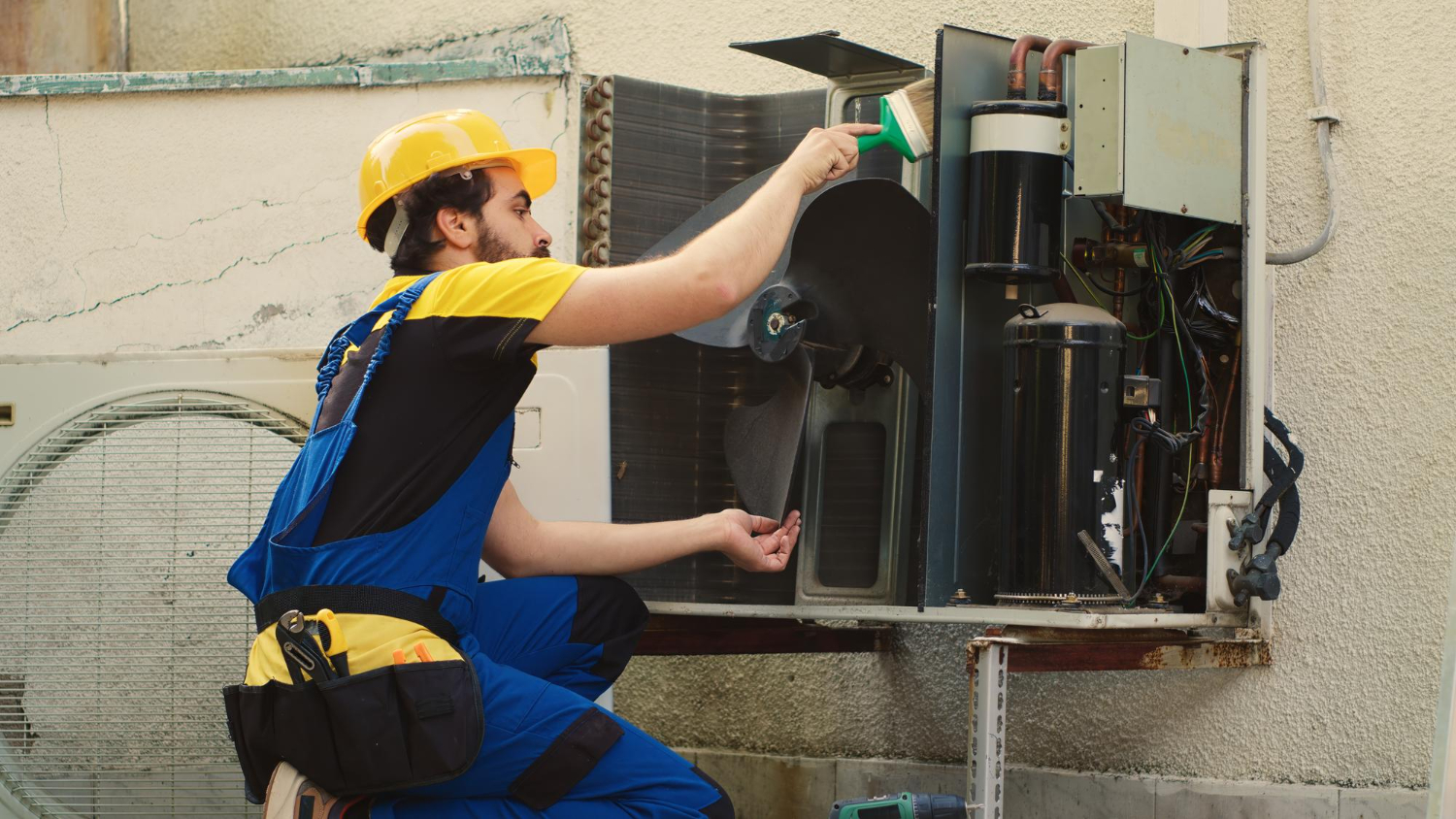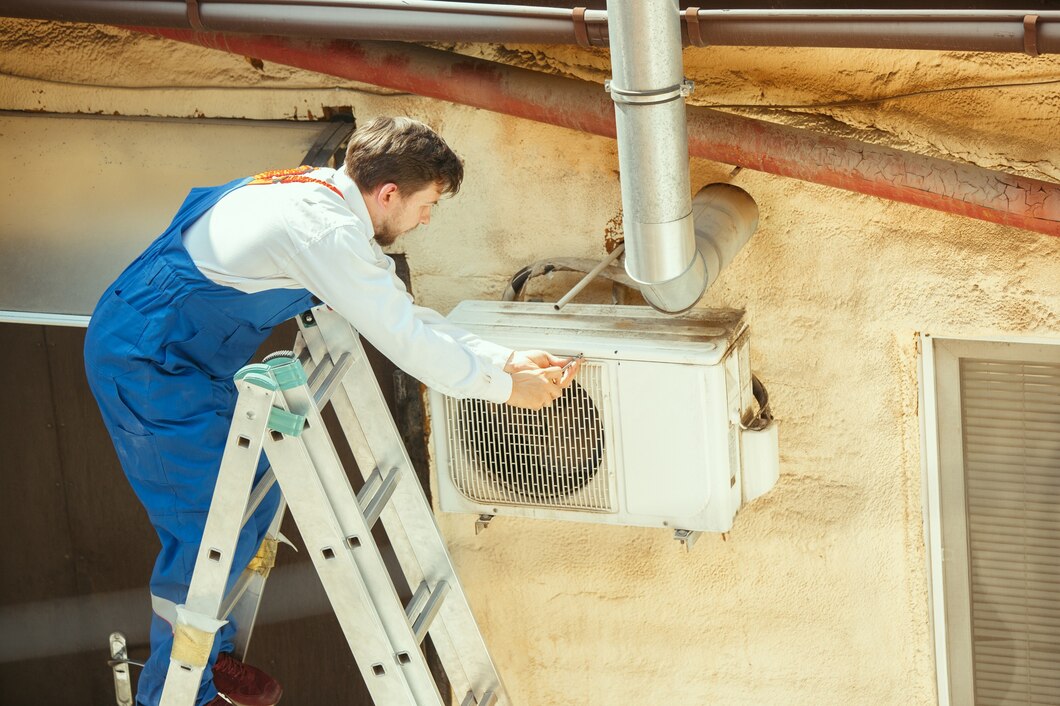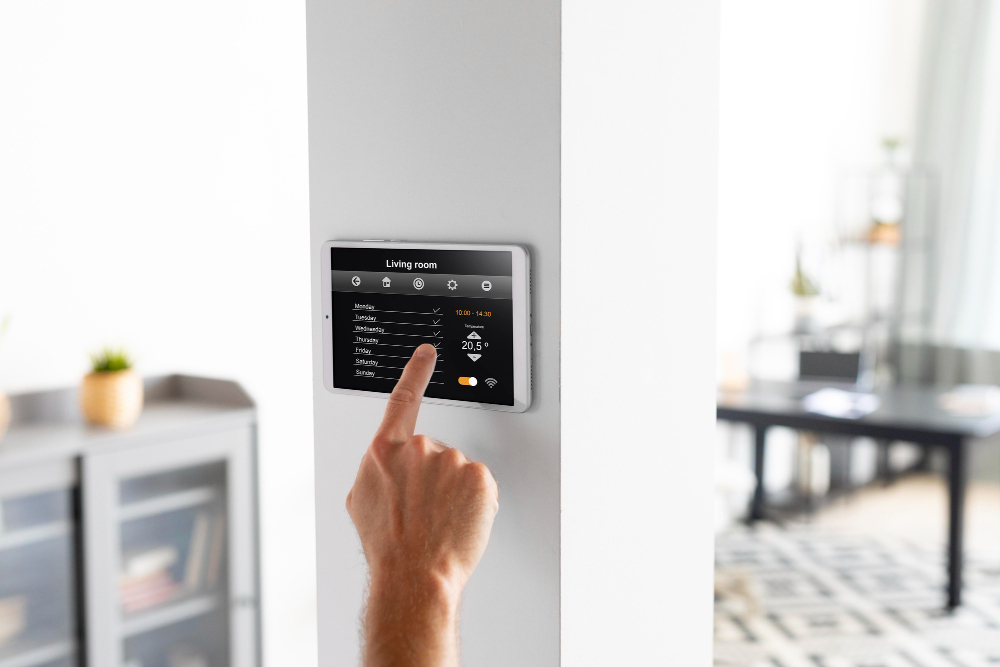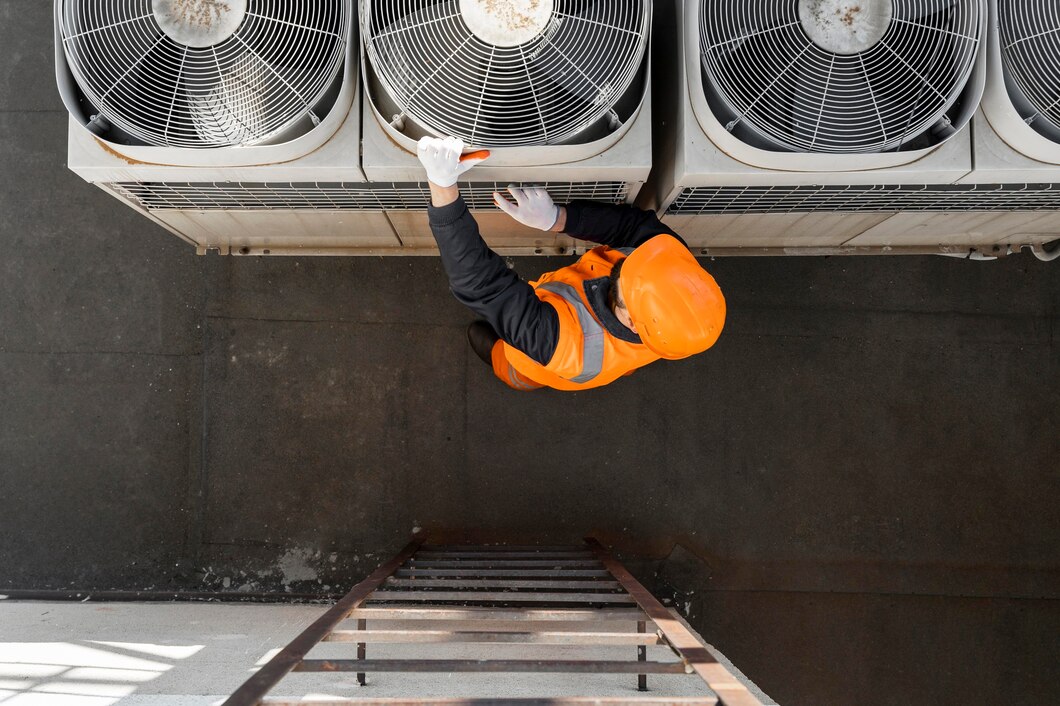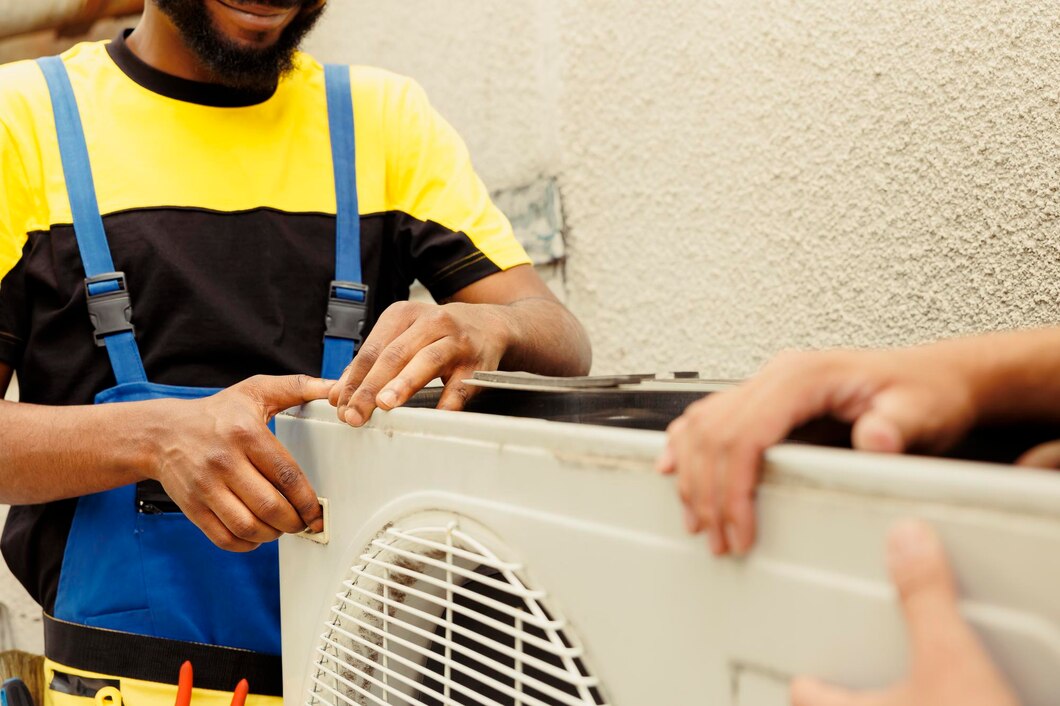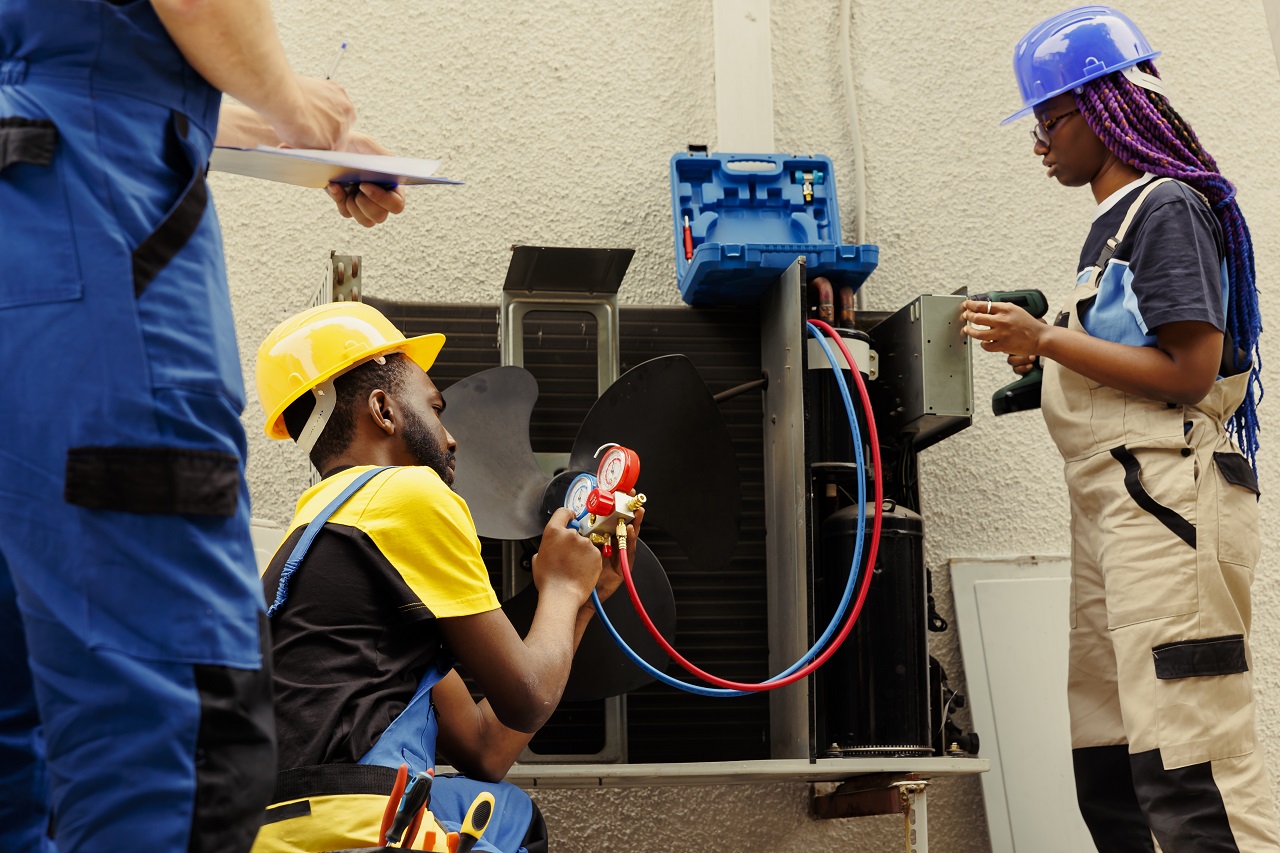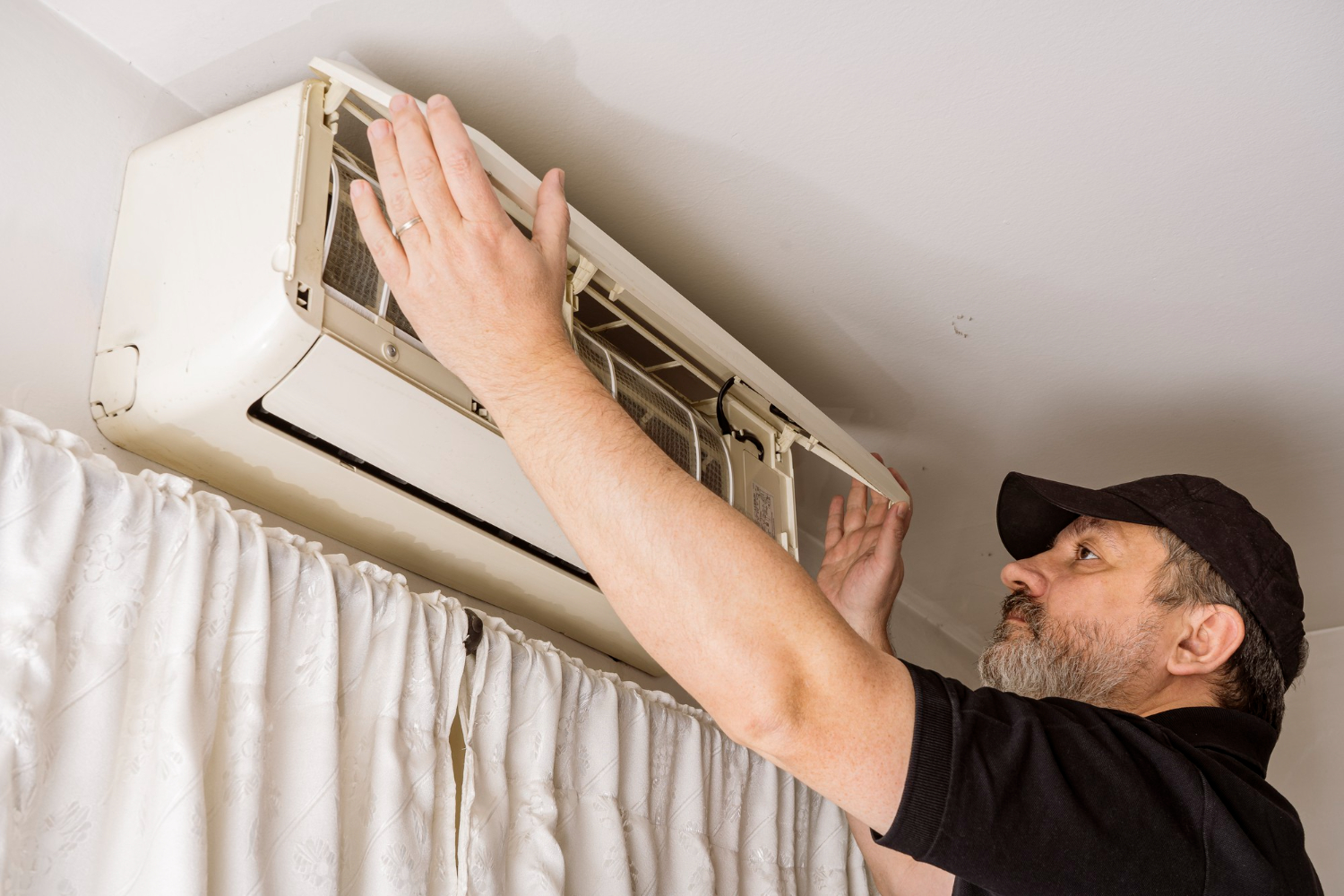Regular HVAC check-ups are essential for maintaining a comfortable and efficient home. These systems are responsible for heating, cooling, and ventilation, making them a critical component of your living environment. Neglecting regular maintenance from electricians can lead to various issues, from higher energy bills to unexpected breakdowns. Ensuring your HVAC system is in good shape keeps your home comfortable and saves you money in the long run.
By understanding the importance of regular HVAC check-ups, you can take the necessary steps to keep your system in optimal condition. This article will explore why these check-ups are crucial and how they can benefit you and your home.
Extend the Lifespan of Your HVAC System
Routine check-ups are crucial for extending the lifespan of your HVAC system. Just like you need regular check-ups to stay healthy, your HVAC system needs them, too. During these inspections, a trained technician can identify minor issues that might go unnoticed. For example, a worn-out belt or a minor refrigerant leak might seem insignificant now, but fixing these problems early can prevent them from causing substantial damage.
Regular maintenance also includes cleaning the internal components, such as the coils and blower motor. Dust and debris can accumulate over time, reducing the system’s efficiency and forcing it to work harder. This extra strain can lead to more frequent breakdowns and a shorter lifespan. By keeping these components clean and well-maintained, your HVAC system can operate smoothly and last longer.
Additionally, routine check-ups involve calibrating the system to ensure it runs efficiently. Proper calibration helps maintain optimal performance, reducing the wear and tear on the system over time. Extending the lifespan of your HVAC system means fewer replacements and lower long-term costs, making regular check-ups a wise investment for any homeowner.
Improve Energy Efficiency and Reduce Costs
Improving energy efficiency is another significant benefit of regular HVAC check-ups. When your system runs efficiently, it uses less energy to maintain a comfortable temperature in your home. An efficient system means lower energy bills, resulting in substantial savings over time. During a routine check-up, a technician will inspect various components, such as the thermostat, ducts, and filters, to ensure they are in good working condition.
Here are some ways regular check-ups can improve energy efficiency:
1. Clean Filters: Dirty filters block airflow, making your system work harder. Replacing them regularly keeps the system running smoothly.
2. Duct Inspection: Leaky ducts can waste a lot of energy. Sealing these leaks can prevent energy loss and improve efficiency.
3. Thermostat Calibration: Ensuring your thermostat accurately reads and controls the temperature helps your system run more efficiently.
During maintenance visits, technicians can also identify components that may need upgrading. For example, older HVAC units may benefit from newer, more energy-efficient parts that can significantly reduce energy consumption. Regular check-ups help keep your system updated with the latest efficiency standards, ensuring that you use the least energy required to keep your home comfortable.
Maintaining energy efficiency through regular check-ups reduces energy costs and lessens one’s environmental footprint. Using less energy contributes to a more sustainable future while enjoying immediate financial benefits.
Enhance Indoor Air Quality
Regular HVAC check-ups play a crucial role in enhancing the indoor air quality of your home. Clean air is essential for your family’s health and well-being. During maintenance visits, technicians will clean and inspect imperative components of your system, such as the air ducts, filters, and coils. These components can collect dust, pollen, and other pollutants over time, reducing air quality.
Replacing or cleaning air filters regularly is one of the simplest ways to improve air quality. Dirty filters restrict airflow and allow pollutants to circulate in your home. High-efficiency filters, like HEPA filters, can capture smaller particles, providing cleaner air.
Additionally, HVAC check-ups can identify and address issues related to humidity control. Poor humidity levels can lead to mold growth and worsen respiratory problems. Technicians can inspect and adjust your system to maintain proper humidity levels, ensuring a healthier environment.
By keeping your HVAC system well-maintained, you can reduce the presence of allergens, bacteria, and other airborne contaminants. This leads to fresher, healthier air for you and your family, contributing to overall well-being.
Prevent Unexpected Breakdowns and Expensive Repairs
Regular HVAC check-ups are essential for preventing unexpected breakdowns and costly repairs. During a routine inspection, a technician can spot potential issues before they become noteworthy problems. This proactive approach helps avoid sudden system failures that can be inconvenient and expensive.
Here are some common problems that regular check-ups can prevent:
1. Refrigerant Leaks: Low refrigerant levels can cause your system to work harder, leading to a breakdown. Detecting and fixing leaks early can prevent this.
2. Electrical Issues: Loose connections or faulty wiring can cause your HVAC system to fail. Regular inspections ensure electrical components are secure and functioning correctly.
3. Component Wear: Parts like belts and motors can wear out over time. Replacing worn components during maintenance visits prevents them from causing system failure.
Scheduling regular HVAC check-ups can save money in the long run by reducing the need for major repairs or system replacements. Catching issues early means minor fixes instead of costly overhauls.
Conclusion
Regular HVAC check-ups are vital for maintaining a comfortable, efficient, healthy home environment. The benefits are numerous, from extending the lifespan of your system to improving energy efficiency and indoor air quality. Preventative maintenance helps avoid unexpected breakdowns and expensive repairs, providing peace of mind and significant cost savings.
Investing in routine HVAC maintenance ensures your system runs smoothly and contributes to a healthier living space for you and your family. Regular check-ups by trained professionals keep your system in top shape, allowing you to enjoy consistent comfort throughout the year.
To keep your HVAC system in optimal condition, consider scheduling regular maintenance with Turner On Services. Our experienced electricians are ready to help you maintain a comfortable and efficient home. Contact Turner On Services today to book your HVAC check-up and ensure your system runs flawlessly all year round.


